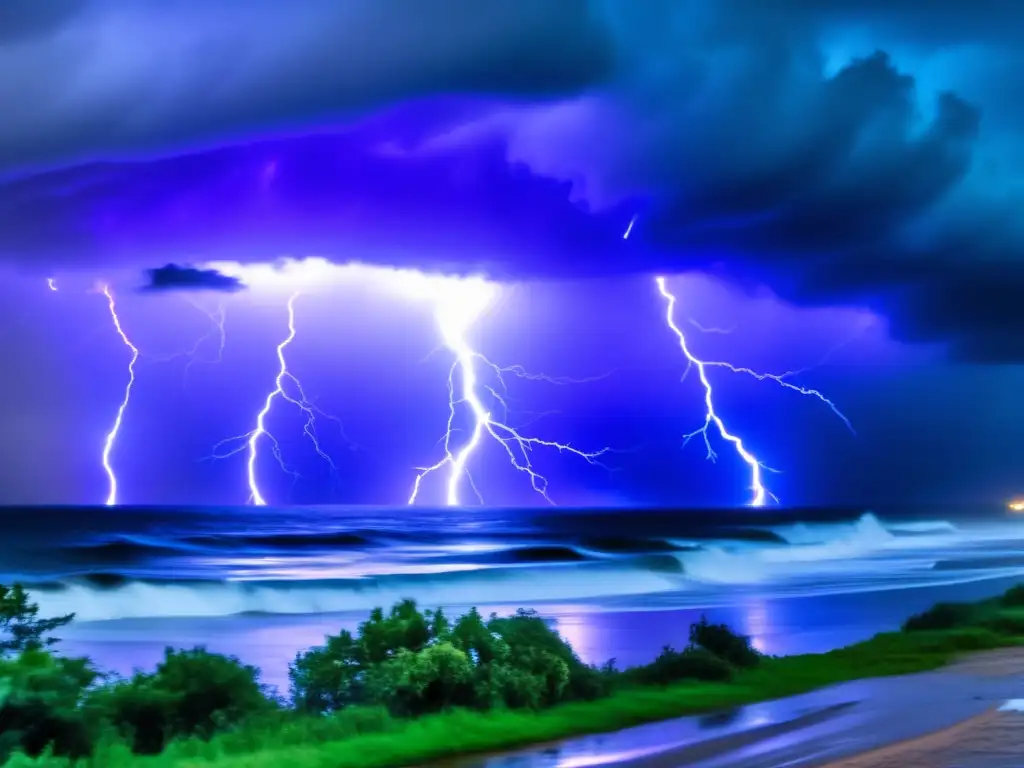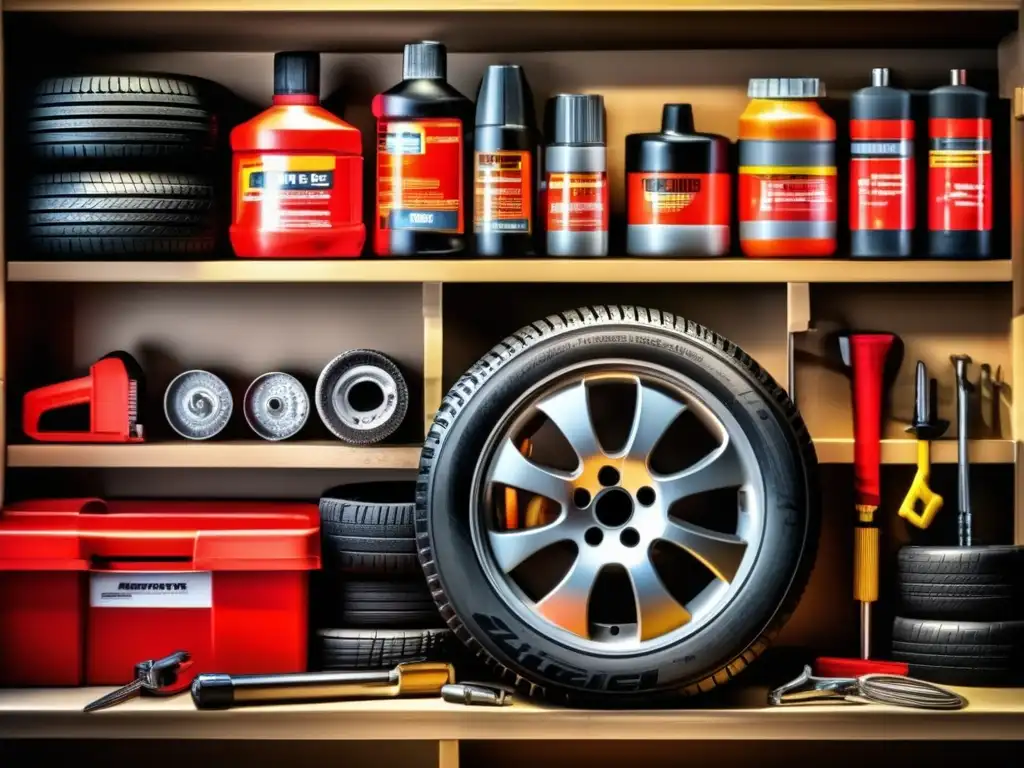Staying Informed: Understanding Hurricane Warning Systems

Staying Informed: Understanding Hurricane Warning Systems
Introduction
Hurricanes are one of the most dangerous natural disasters, with powerful winds and heavy rain that can cause devastating damage to homes and communities. Staying informed is crucial to preparing for a hurricane and staying safe during the storm. One important aspect of staying informed is understanding hurricane warning systems. This article will provide an in-depth overview of how hurricane warning systems work and why they are important.
Understanding Hurricane Warning Systems

What are hurricane warnings?
A hurricane warning is issued when a hurricane is expected to hit a coastal area within 36 hours or less. When a hurricane warning is issued, it means that hurricane conditions, including sustained winds of at least 74 mph (119 km/h), are expected within the warning area. This is the time to take immediate action to protect yourself and your property.
How are hurricane warnings issued?
Hurricane warnings are issued by the National Hurricane Center (NHC), part of the National Oceanic and Atmospheric Administration (NOAA). The NHC uses a combination of satellite images, radar data, and reports from reconnaissance aircraft to track hurricanes and predict their path and intensity.
When a hurricane is forming and may pose a threat to populated areas, the NHC issues a series of advisories, which include updates on the storm's location, strength, and forecasted track. As the storm approaches, the NHC may issue watches and warnings for specific areas. A hurricane watch means that hurricane conditions are possible within the watch area, typically within 48 hours. A hurricane warning means that hurricane conditions are expected within the warning area, usually within 36 hours.
How can you stay informed about hurricane warnings?
There are several ways to stay informed about hurricane warnings. The NHC issues advisories, watches, and warnings through various media channels, including local news outlets, weather radio, and the internet. Many smartphone apps also provide up-to-date information about hurricanes and other severe weather events.
It's important to have multiple sources of information and to monitor the storm's progress closely. If a hurricane warning is issued for your area, you should take immediate action to protect yourself and your property.
Preparing for a Hurricane

What should you do when a hurricane warning is issued?
When a hurricane warning is issued for your area, you should take immediate action to protect yourself and your property. Here are some steps you should take:
- Follow evacuation orders: If local authorities order an evacuation, follow their instructions and leave as soon as possible. Make sure to bring essential items, such as medications, important documents, and cash.
- Secure your home: If you're not evacuating, make sure your home is secure. Board up windows and doors with hurricane shutters or plywood. Bring outdoor furniture and other loose items inside, or secure them so they don't become projectiles in high winds.
- Stock up on supplies: Make sure you have plenty of food, water, and other essential supplies on hand. Fill up your car's gas tank and withdraw cash from ATMs before the storm hits, as power outages may make these services unavailable.
- Stay informed: Monitor the storm's progress and stay tuned to local news outlets and emergency alerts. Follow official instructions and be prepared to act quickly if conditions change.
What should you have in your Hurricane Emergency Kit?
As part of your hurricane preparedness plan, it's important to have a Hurricane Emergency Kit ready in case you need to evacuate or shelter in place. Here are some essential items to include in your kit:
- Non-perishable food and water: Pack enough food and water for at least three days per person. Avoid salty and sugary foods, as they can make you thirsty.
- First aid kit: Include bandages, antiseptic, pain relievers, and medical supplies for any chronic conditions.
- Personal hygiene supplies: Pack soap, toothbrush, toothpaste, and other personal items. Don't forget toilet paper, wet wipes, and hand sanitizer.
- Flashlights and batteries: Make sure you have enough flashlights and batteries for everyone in your family.
- Cash and important documents: Keep cash on hand in case ATMs and credit card machines are unavailable. Pack important documents in a waterproof container, including IDs, insurance policies, and medical records.
- Entertainment: Pack books, games, and other items to keep yourself and your family occupied during the storm.
Staying Safe During a Hurricane

What should you do if you're caught outside during a hurricane?
If you're caught outside during a hurricane, seek shelter immediately. Look for sturdy buildings or structures, such as a designated hurricane shelter, a small interior room, or a reinforced building with little exposure to wind and debris.
Stay away from windows, as flying glass can cause severe injuries. Lie on the floor under a sturdy piece of furniture if possible, or cover yourself with a mattress or sleeping bag.
If you're driving, pull over to the side of the road and park as far away from trees and power lines as possible. Stay inside your vehicle and keep your seatbelt on until the storm passes.
How can you stay safe after a Hurricane?
After a hurricane has passed, it's important to take precautions when returning home and cleaning up. Here are some tips to stay safe:
- Watch out for hazards: Be aware of downed power lines, broken gas lines, and other hazards. Stay away from flooded areas and don't attempt to drive through standing water.
- Check your home for damage: Inspect your home for damage, including leaks, broken windows, and other structural damage. Don't enter your home if you suspect it's unsafe.
- Avoid carbon monoxide poisoning: Never use generators, grills, or other fuel-burning devices inside your home or garage, as they can produce deadly carbon monoxide fumes.
- Clean up carefully: Wear gloves and sturdy shoes while cleaning up debris, and use caution when handling sharp objects or power tools.
Frequently Asked Questions

-
How are hurricane warning systems important for safety?
Hurricane warning systems are important for safety because they provide advanced notice of incoming hurricanes and allow people to take action to protect themselves and their property.
-
What should you do when a hurricane warning is issued?
When a hurricane warning is issued, follow evacuation orders if given, secure your home, stock up on supplies, and stay informed about the storm's progress.
-
What should you have in your Hurricane Emergency Kit?
Essential items to include in your Hurricane Emergency Kit are non-perishable food and water, first aid kit, personal hygiene supplies, flashlights and batteries, cash and important documents, and entertainment.
-
What should you do if you're caught outside during a hurricane?
If you're caught outside during a hurricane, seek shelter immediately and stay away from windows. If driving, pull over and park away from trees and power lines.
-
How can you stay safe after a Hurricane?
To stay safe after a hurricane, watch out for hazards, check your home for damage, avoid carbon monoxide poisoning, and clean up carefully.
Conclusion
Understanding hurricane warning systems is crucial to staying safe during a hurricane. By knowing how hurricane warnings are issued and what to do when a warning is issued for your area, you can protect yourself and your property from the storm's destructive effects. It's also important to be prepared with a Hurricane Emergency Kit and to take precautions while cleaning up after the storm has passed.
Living in a hurricane-prone area presents many challenges, but staying informed and taking action can make a big difference. By working together and following official instructions, we can reduce the impact of hurricanes and keep ourselves and our communities safe.
Thank you for taking the time to read this article. If you have any questions or comments, please share them in the comments section below. Be sure to subscribe to Hurricane Insider for more informative content and follow us on social media for updates and news.
Additional Resources

If you want to discover more articles similar to Staying Informed: Understanding Hurricane Warning Systems, you can visit the Hurricane preparedness: category.
Leave a Reply




Articulos relacionados: